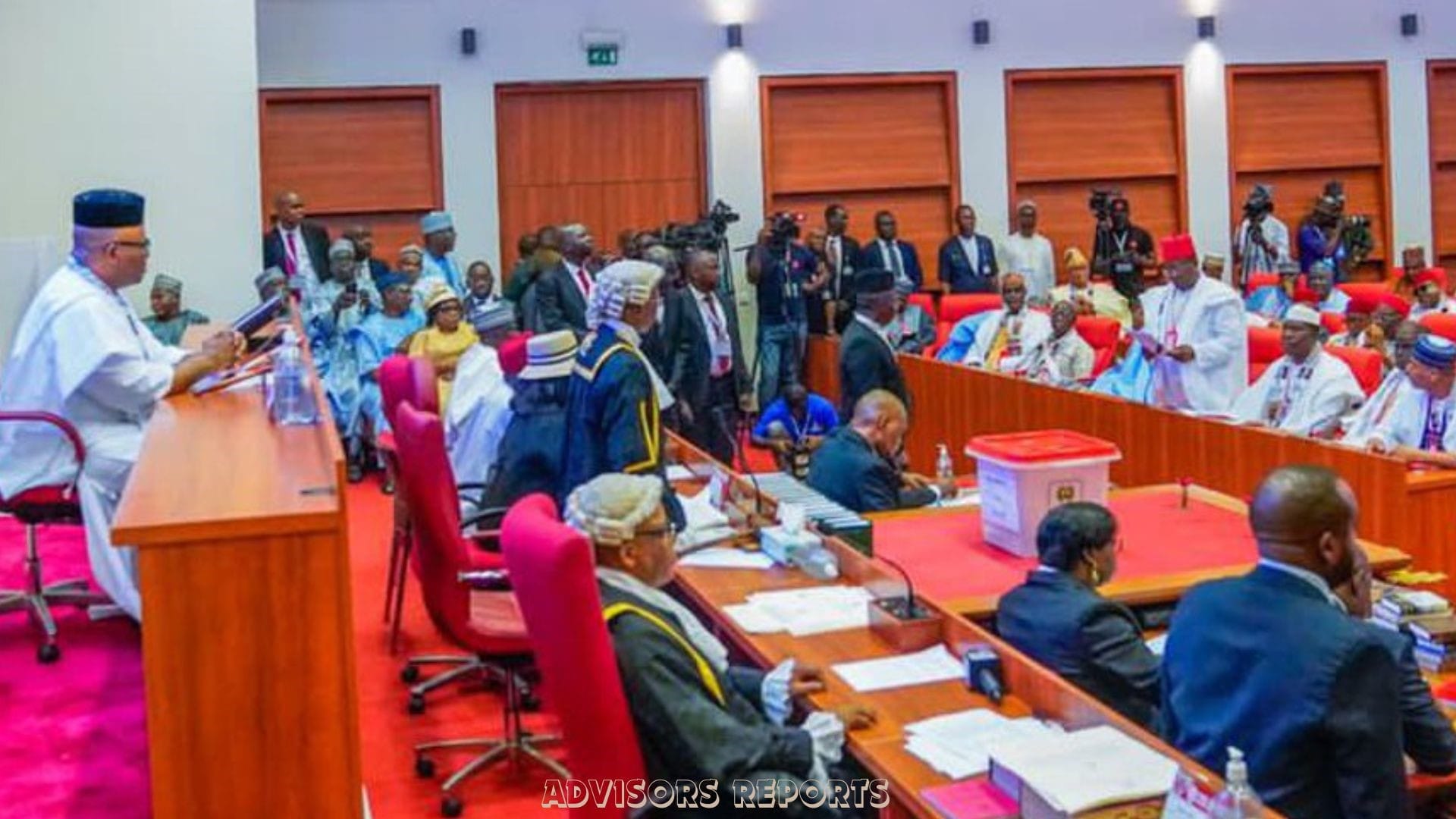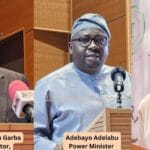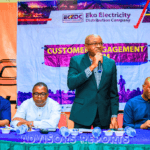… Adegbemle says “electricity is now considered a commodity, not public utility”
Oredola Adeola
Electricity rights advocates and energy experts have criticized the Nigerian Senate for proposing to extend electricity subsidies in the face of national challenges, they therefore cautioned the lawmakers against ignoring the changing energy market, distorting Nigerian Electricity Regulatory Commission, NERC’s regulatory autonomy and the fact that electricity is now considered a commodity rather than a public utility.
This reaction by one of the critical players in NESI is coming on the sideline of Nigeria’s Senate resolution to maintain electricity subsidies amidst national challenges, rejecting plans to increase electricity tariff and remove the subsidy.
Advisors Reports gathered that the Senate’s decision on Wednesday was influenced by concerns about the impact of tariff hikes on citizens facing economic hardships under the present administration of President Bola Tinubu.
The resolution of the Senate followed a motion presented by Senator Aminu Iya Abbas, who emphasized the unattainability of higher electricity bills for a population experiencing stagnant wages, rising inflation, and a depreciating currency.
REACTIONS BY ADVOCACY GROUPS
Meanwhile, the leadership of electricity consumers advocacy groups have fiercely emphasised that the Senate’s stance reflects a caution against misalignment with evolving energy market realities, they insisted that electricity no longer qualifies as a public utility but rather a commodity.
Adetayo Adegbemle, the Executive Director of Power Up Nigeria, expressed that the Senators are out of touch with the realities of the power sector and should seek advice from professionals and experts for accurate information.
According to him, electricity is also not a public utility anymore, it is now a commodity.
Adegbemle said, “The Nigerian Government and market operators are presently owing gas suppliers in trillions of Naira. The Senate has been silent about the need to recoup this debt on behalf of the Gas Company to ensure constant supply from the GenCos. I didn’t hear the Senate speak on how to pay that debt.
The ED of PowerUp Nigeria therefore emphasised that the persistent inefficiencies being witnessed in the Nigerian power sector can be traced to the sustained electricity subsidy.
He said, “Unfortunately the Senators are not recommending ways out of the present electricity market mess but have only insisted that tariff should not be reviewed.
Adegbemle therefore insisted that the NERC that has been saddled with the task of keeping the power sector running will certainly execute its statutory responsibility.
Adeola Samuel-Ilori, the National Coordinator of All Electricity Consumers Protection Forum, criticized the Senate’s decision, emphasizing that the Legislature’s resolution on the increase in tariff for next year, as approved by the Nigerian Electricity Regulatory Commission, is advisory, and the power to regulate and fix tariff in NESI remains in the hands of NERC.
According to him, by virtue of the responsibility of NERC, the resolution of the Senate remains advisory.
Samuel-Ilori therefore hinged his stand on the provisions of Electricity Act 2024 as amended which gives such power to the NERC and section 34(1)(4) of same Act which allows NERC to act as unbiased umpires in regulations of the activities between consumers and Discos.
He said, “Section 114(2)(b) was unambiguous as to who holds the power to approve an increase in tariff when all perquisites and processes have been fulfilled.
“Except the Senate liaise with President Bola Tinubu and directive comes from him, the decision and resolution of the National Assembly on the matter will always remain advisory and or rather playing to the gallery.
“This is so because the increase template has been approved by NERC issued out to all stakeholders, according to the dictate of the section 114 of Electricity Act.
The National Coordinator, All Electricity Consumers Protection Forum further noted that the tariff increase has therefore taken effect since January 2025, which the DisCos are waiting to activate.
Samuel-Ilori therefore said, “President Tinubu is the only one that can issue directives to the contrary.
Emeka Ojoko, Executive Coordinator, NEPA Wahala, an electricity consumers’ rights group, on his part revealed that the decision of the Senate was ill-conceived, insisting that it was made without recourse to relevant electricity market data.
According to him, the market operators cannot continue selling electricity below its cost of production, as it is not sustainable in the short or long term.
Mr. Ojoko said, “The Government does not have the resources to continue paying electricity and fuel subsidies simultaneously.
“The debt owed to the GenCos and gas suppliers is frightening already, and the Senate is asking them to take on more? Something must give way.
“Nigerians will keep suffering from poor power supply as long as the tariffs remain as they are, as there will be insufficient revenue to sustain the NESI value chain,” the Executive Coordinator of NEPA Wahala said.
Ojoko therefore emphasised that political interference has been the bane of the NESI from Inception.
He further added that Nigeria politicians have prevented NERC from running the industry in a businesslike, responsible and responsive manner.



